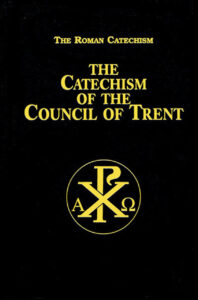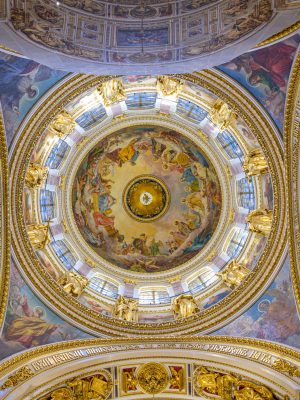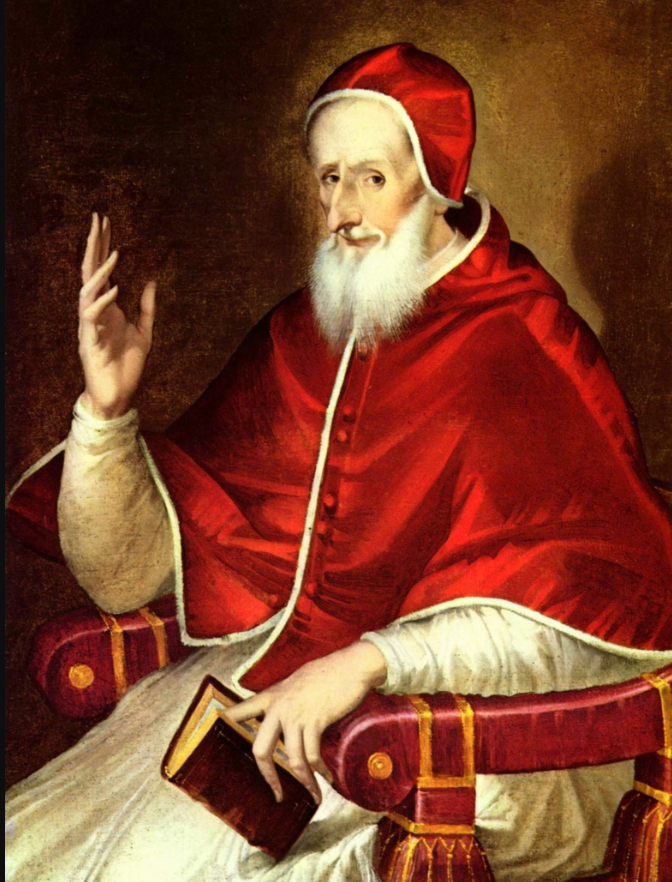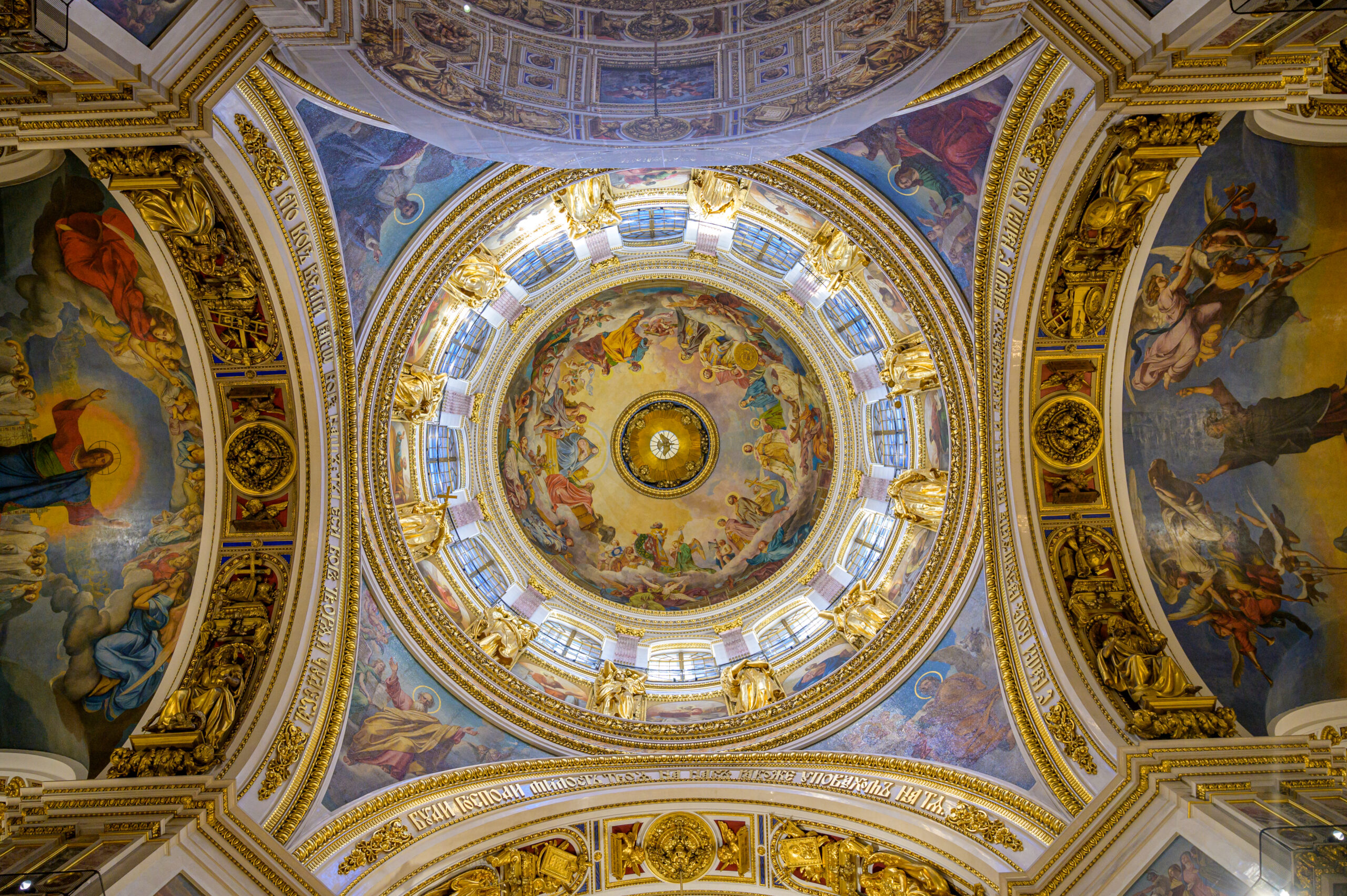Meaning Of This Article
I believe with certainty, and without a shadow of doubt profess my belief in God the Father, the First Person of the Trinity, who by His omnipotence created from nothing and preserves and governs the heavens and the earth and all things which they contain; and not only do I believe in Him from my heart and profess this belief with my lips, but with the greatest ardor and piety I tend towards Him, as the supreme and most perfect good.
Let this serve as a brief summary of this first Article. But since great mysteries lie concealed under almost every word, the pastor must now give them a more careful consideration, in order that, as far as God has permitted, the faithful may approach, with fear and trembling, to contemplate the glory of His Majesty.
“I Believe”
The word believe does not here mean to think, to suppose, to be of opinion; but, as the Sacred Scriptures teach, it expresses the deepest conviction, by which the mind gives a firm and unhesitating assent to God revealing His mysterious truths. As far, therefore, as regards the use of the word here, he who firmly and without hesitation is convinced of anything is said to believe.
Faith Excludes Doubt
The knowledge derived through faith must not be considered less certain because its objects are not seen; forthe divine light by which we know them, although it does not render them evident, yet suffers us not to doubt them. For God, who commanded the light to shine out of darkness, hath himself shone in our hearts (2 Cor. 4:6), that the gospel be not hidden to us, as to those that perish (2 Cor. 4:3).
Faith Excludes Curiosity
From what has been said it follows that he who is gifted with this heavenly knowledge of faith is free from an inquisitive curiosity. For when God commands us to believe He does not propose to us to search into His divine judgments, or inquire into their reason and cause, but demands an unchangeable faith, by which the mind rests content in the knowledge of eternal truth. And indeed, since we have the testimony of the Apostle that God is true; and every man a liar (Rom. 3:4), and since it would argue arrogance and presumption to disbelieve the word of a grave and sensible man affirming anything as true, and to demand that he prove his statements by arguments or witnesses, how rash and foolish are those, who, hearing the words of God Himself, demand reasons for His heavenly and saving doctrines? Faith, therefore, must exclude not only all doubt, but all desire for demonstration.
Faith Requires Open Profession
The pastor should also teach that he who says, I believe, besides declaring the inward assent of the mind, which is an internal act of faith, should also openly profess and with alacrity acknowledge and proclaim what he inwardly and in his heart believes. For the faithful should be animated by the same spirit that spoke by the lips of the Prophet when he said: I believe, and therefore did I speak (Ps. 115:10), and should follow the example of the Apostles who replied to the princes of the people: We cannot but speak the things which we have seen and heard (Acts 4:20). They should be encouraged by these noble words of St. Paul: I am not ashamed of the gospel. For it is the power of God unto salvation to every one that believeth (Rom. 1:16); and likewise by those other words; in which the truth of this doctrine is expressly confirmed: With the heart we believe unto justice; but with the mouth confession is made unto salvation (Rom. 10:10).
This article is taken from a chapter in The Catechism of the Council of Trent by Pope St. Pius V, which is available from TAN Books.






